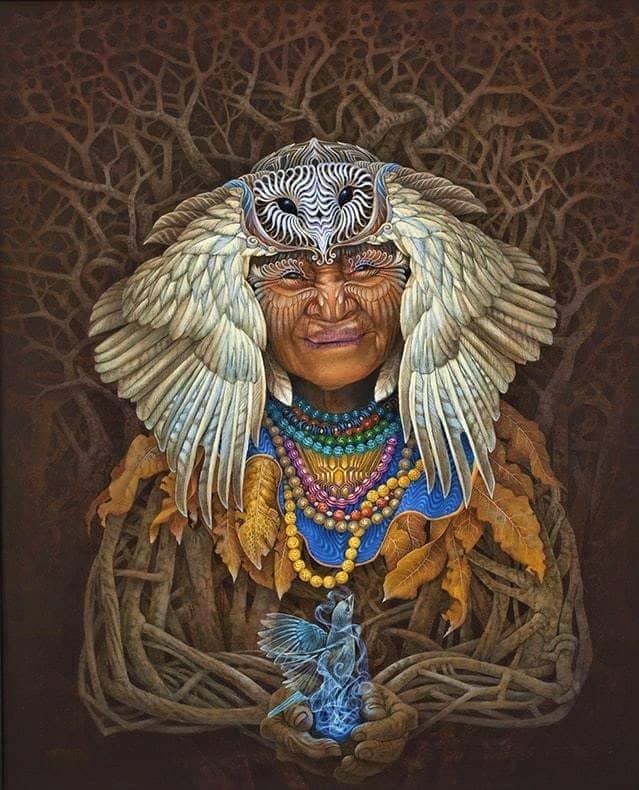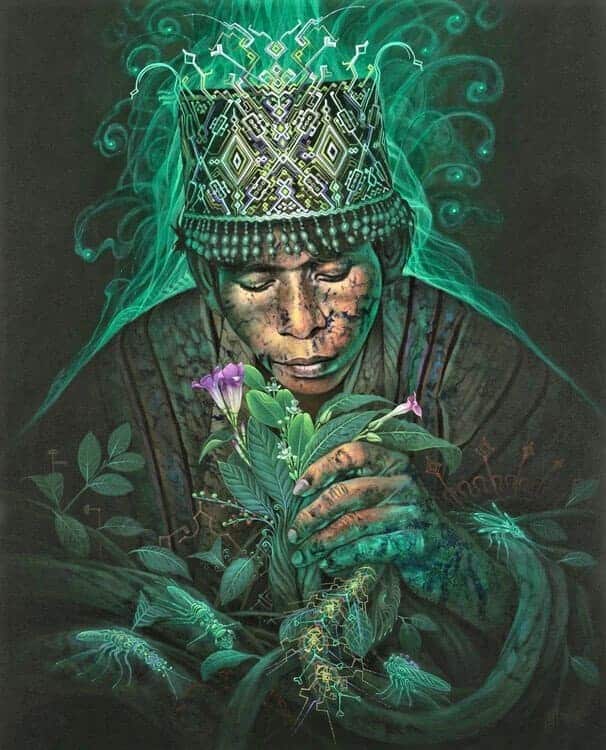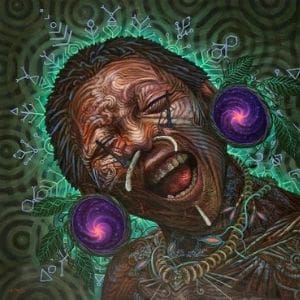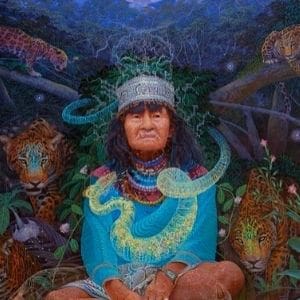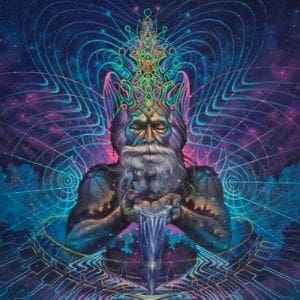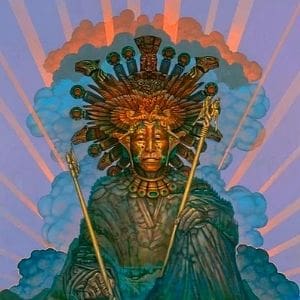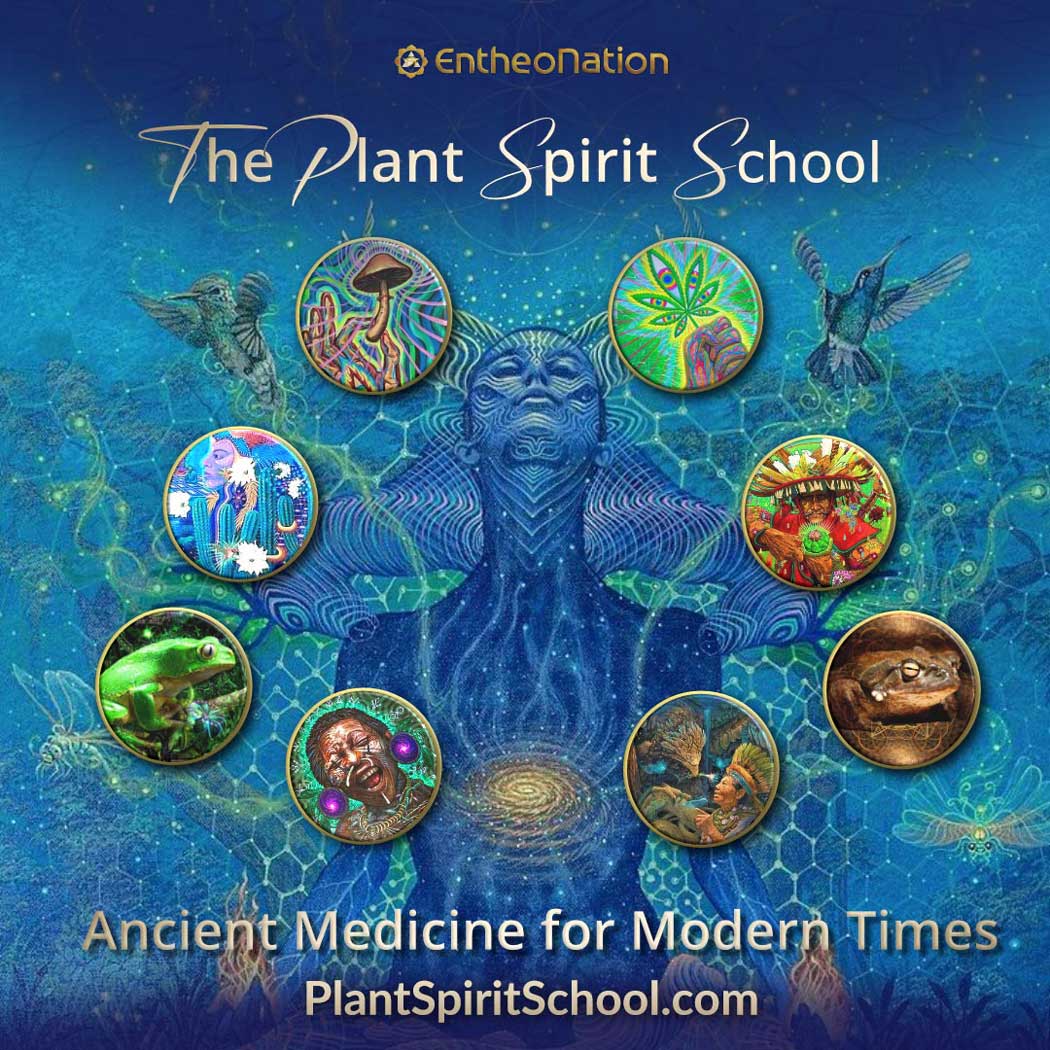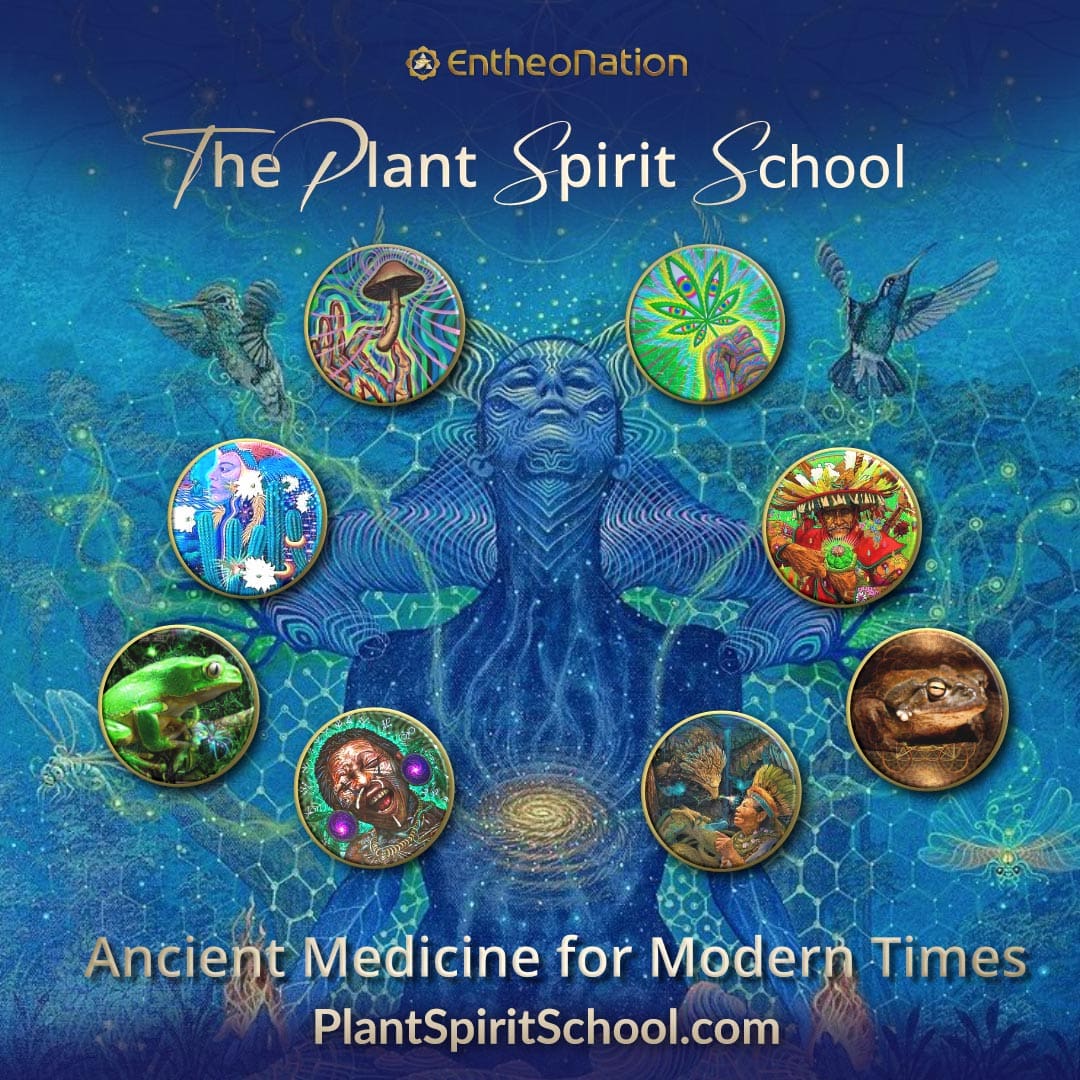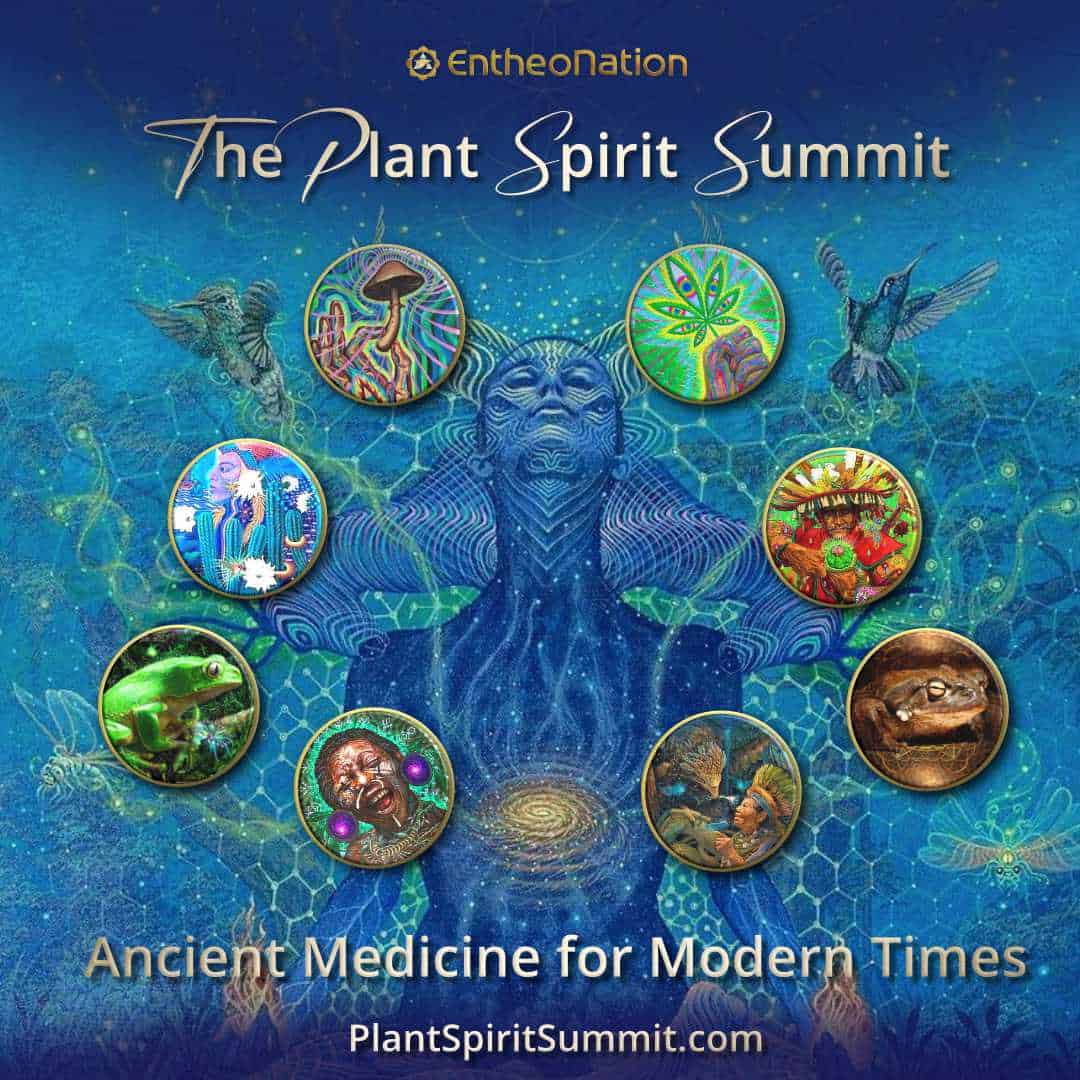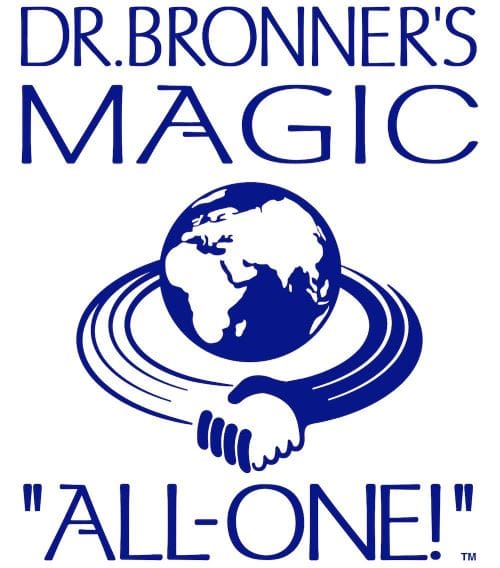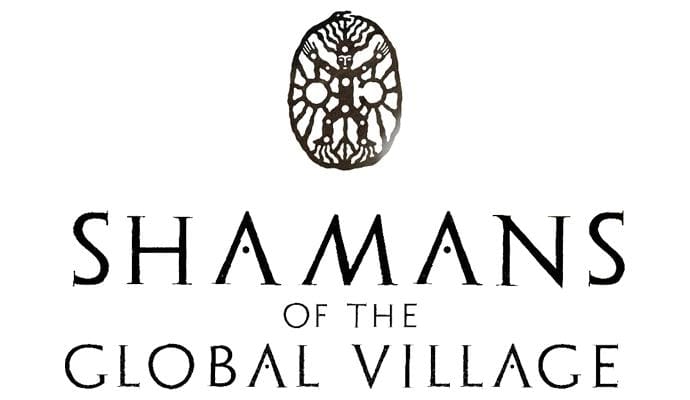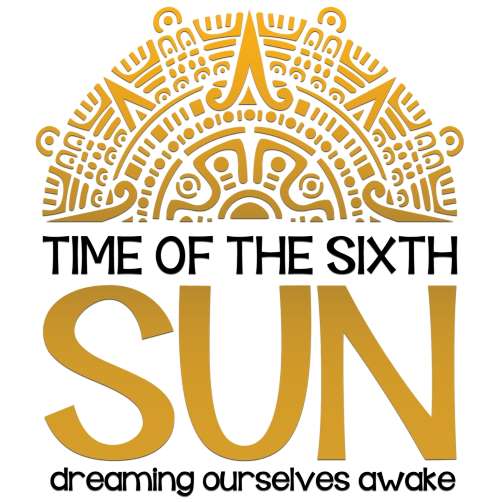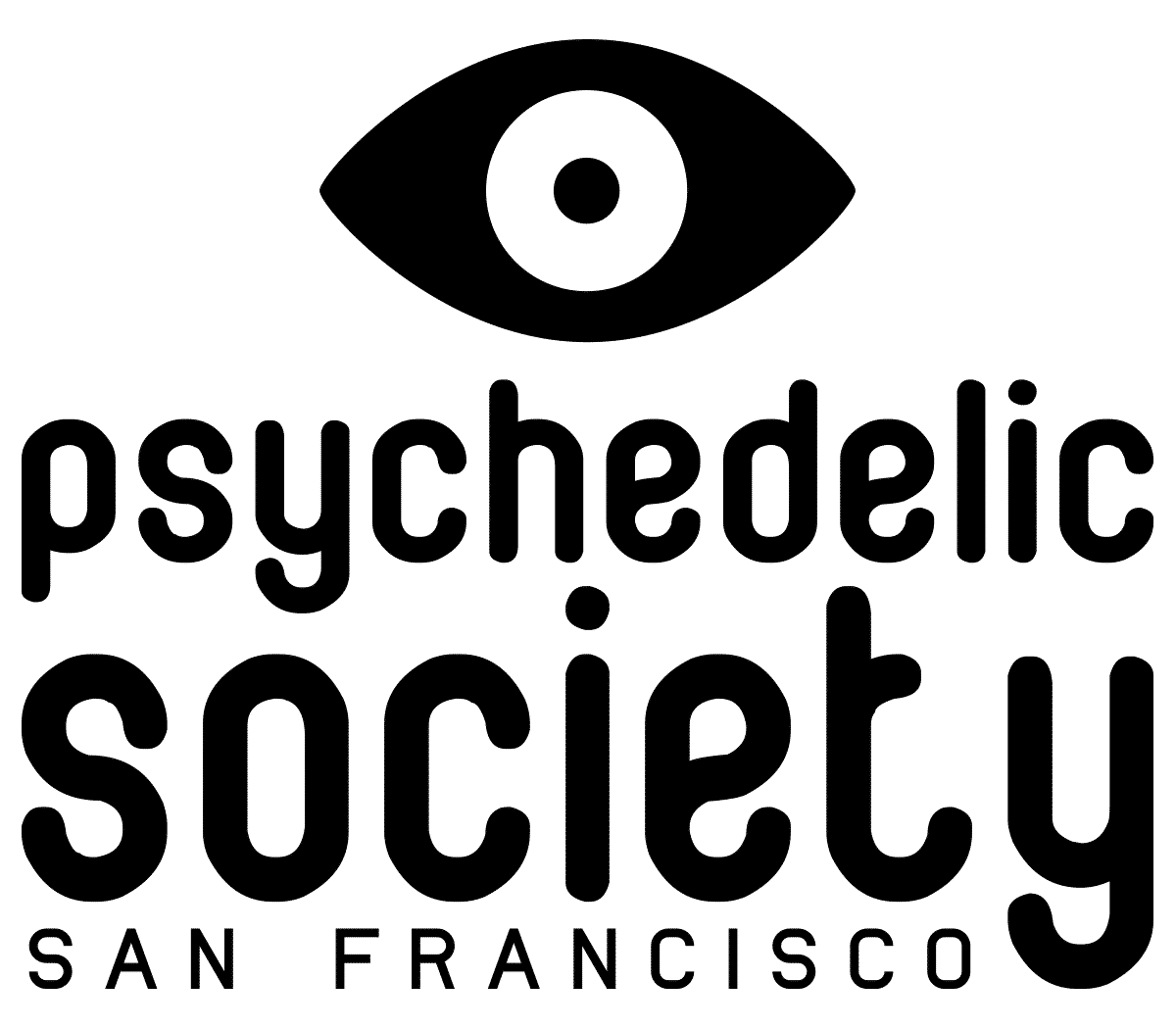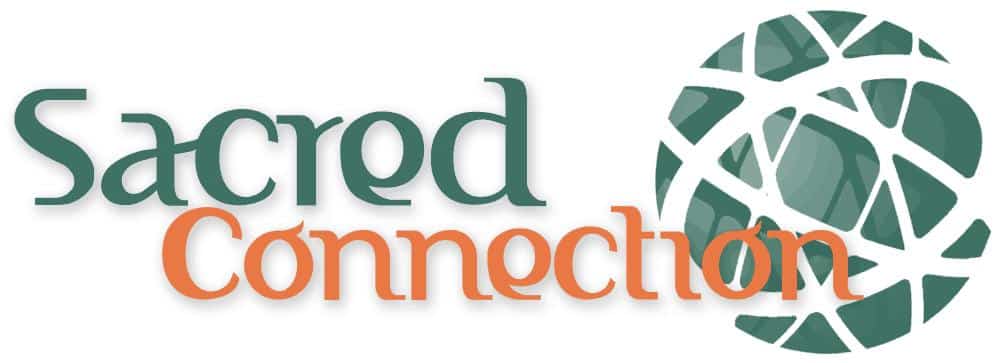A shaman can be defined as an earth-centered community guide and healer who travels between worlds to gather and transmit information that helps individuals and the community.
While the origin of the word “shaman” is believed to come from the Tungus Evenki language of North Asia, whose word “saman” means (very roughly) holder of knowledge. The term “shamanism” was first applied by Western anthropologists as outside observers of the ancient religion of the Turks and Mongols, as well as those of the neighbouring Tungusic and Samoyedic-speaking peoples.
Upon observing more religious traditions across the world, some Western anthropologists began to also use the term in a very broad sense. It was used to describe unrelated magico-religious practices found within the ethnic religions of other parts of Asia, Africa, Australasia, and even completely unrelated parts of the Americas, as they believed these practices to be similar to one another.
Mircea Eliade, Romanian historian and leading interpreter of religious experience, writes "A first definition of this complex phenomenon, and perhaps the least hazardous, will be: shamanism = 'technique of religious ecstasy'."
While it may seem impossible to define such a broad range of phenomena experienced by a pantheon of distinct spiritual and religious practices under a single word derived from North Asian culture, and some argue, to do so is “cultural appropriation”...
The truth is, from a linguistic perspective, language often follows and evolves based on commonly accepted understanding of what a word means by its users. So while the word curanderismo is more accurate when describing ayahuasca shamanism, and pajelança is more accurate in describing shamanism on the other side of the border in Brazil, in the English language the word “ayahuasca shamanism” dominates keyword searches for this phenomenon.
And so it is that “shaman” and “shamanism” have become the accepted, most commonly used words that describe the ancient practice that involves a practitioner reaching altered states of consciousness in order to perceive and interact with a spirit world and channel these transcendental energies into this world in order to affect real change.
A “shaman” is a person regarded as having access to, and influence in the world of benevolent and malevolent spirits. A shaman acts as intermediary between the natural and supernatural worlds, using magic to cure illness, foretell the future, control spiritual and elemental forces, and affect outcomes in the physical world. Typically such people enter a trance state during a ritual, and practice divination and healing.


